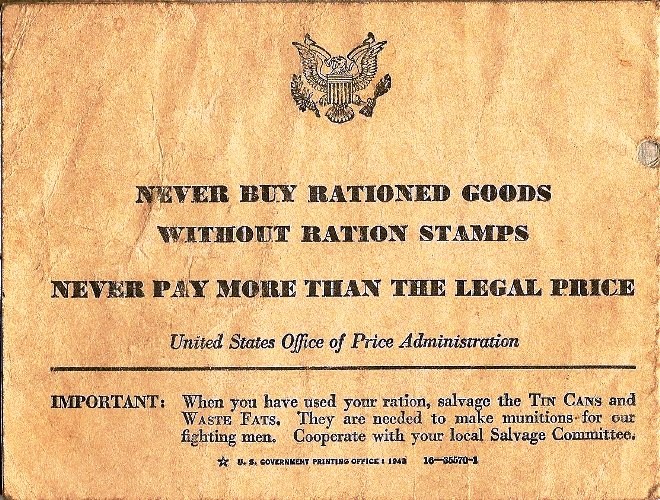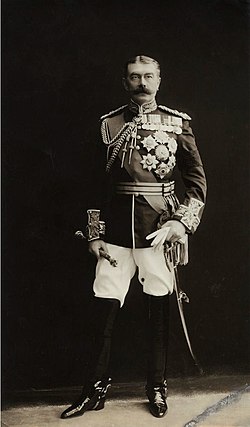For people who have lost no one in battle, Memorial Day can be a time of picnics, barbecues and summer fun. For those who have lost a loved one to war, it can be a time to visit the graveyard and to
mourn. It can even be a time to feel angry and let down and to ask: Why me? Why my son, my brother, my husband or my father? Why did he have to die for everyone? Why couldn't it have been someone else?
When I wrote the article linked below, I was musing about the different attitude that Israeli popular songs have toward the death of a soldier in battle compared to American songs.
http://www.pubwages.com/35/where-the-personal-and-the-public-intersect-memorial-day-musings
In the old fashioned Israeli song, the mother who lost a son -- a son that she raised for the express purpose of keeping her people free -- is saluted by another soldier who promises to treat her like a mother and to be a son to her instead of the son she lost.
Do mothers really raise sons just to keep their people free? And how could another soldier take her son's place -- ever? There is a kind of unrealistic romanticism to this scenario, even though, I'll admit, I
am attracted to it. It is in that spirit that I told the story of the relationship between Jean Laffite and his grandmother in my two
Theodosia and the Pirates books. At the same time, I thought that the American consciousness was sorely lacking in this kind of patriotism, and I could not think of one single patriotic song that explained how a mother was prepared to sacrifice her son for the greater good of her nation. And while Israeli patriotic music is full of courageous grandmothers, I cannot think of a single American song singing the praises of a grandmother who taught her grandson how to fight.
But more recently, after attending Republican political events as well as high school concerts in which all the veterans are asked to stand for certain songs, I realized that in the American public consciousness, the blood sacrifice of Christ on the Cross is the leading metaphor for the soldier's death in battle. Instead of a valiant warrior, fighting to protect the womenfolk in his family, the soldier is seen as a hapless sacrifice for the sins of someone else. This metaphor can be clearly read in these lines from
The Battle Hymn of the Republic.
In the beauty of the lilies Christ was born across the sea,With a glory in His bosom that transfigures you and me.As He died to make men holy, let us die to make men freeWhile God is marching on.
While the original lyrics to this song were a religious hymn that was later filked to great effect as "John Brown's Body Lies a Mouldering in the Grave", the
Battle Hymn of the Republic by Julia Ward Howe is a song that people still sing today. Howe's lyrics make explicit the analogy between the sacrifice on the cross of an innocent and soldiers sacrificing for others and not fighting for their own interests. For many Americans, this view of sacrifice sanctifies war. Such people, whether religious or not, are strongly invested in altruism.
The Civil War, we are taught, was not started in order to settle the economic conflict between the industrial North and the agrarian South, but was fought to make free a third party to the dispute, the slaves who were emancipated. From there, every war the United States has been involved in was never a war simply to safeguard American interests at home or abroad. It had to have some sort of "humanitarian" component like making the world safe for democracy, averting genocide in a distant land or helping those less fortunate than ourselves. For someone to fight just to secure his own financial interests and to protect his own family would be scandalous.
As cloying and unreal as the song about the Israeli mother is in "On the Plains of Negev", there is a degree of realism in it about why people fight wars that is absent in the current accepted take on "Just War" in both conservative and liberal circles in the United States.
Enter
Yaron Brook of the Ayn Rand Institute. Today, for Memorial Day, he gave a
talk about how serving in the military should not be about self-sacrifice. It should be selfish. It should be in the interest of securing your own freedom, rather than that of somebody else.
If I didn't know what sorts of things Yaron Brook was reacting against, and if I did not understand his context, I would have thought what he was saying was entirely trivial. Of course, soldiers fight to defend their country and have something to gain when they win: namely their own freedom and the well-being of their families. Of course, countries should pursue their own interests when waging war. Of course, the Commander in Chief should not sacrifice soldiers under his command to help complete strangers in other countries to secure floating abstractions such as "freedom" or "democracy" by overthrowing their "bad" leaders and installing "good" puppet governments, instead. If it does not serve our interests, we should not be spending American lives and taxpayer funding on a war.
In this, I am in complete agreement with Yaron Brook, Ayn Rand's current representative on earth. (Leonard Peikoff, Rand's intellectual heir, has approved Yaron Brook as the new Objectivist Caliph.)
Here's where it gets a little silly. If being in favor of selfishness merely means that you should support the armed forces only if they actually are working to protect us, you might as well say that you are in favor of public funding for roads, but only if the money is actually used to build roads that you can drive on. Or you could say that you are in favor of public education, but only if they teach true facts in school using competent teachers. Or you could say you are in favor of Obamacare, but only if it helps everyone get good health insurance. This is, after all, the stance of most people on the right and left who want to keep the status quo while rooting out "corruption." They have a pie in a sky view of what government entities should do for us, but no idea how to make sure they actually do it. The mechanisms are a black box.
The basic principle behind the free market is that no business works optimally unless those who have a stake in the matter are the only ones who get to choose. That's true of schools, roads, health insurance and navies. A free market should determine which ships and fighter planes are built, because any other way to do it results in a huge waste of resources under government contracts. And a free market should train tomorrow's warriors, because the best training for war is engaging in war all the time, which is what privateers do, at their own expense and without taxpayer funding.
Yaron Brook should read this article to understand that there is more to solving the war problem than just preaching to people they should be more selfish.
http://www.pubwages.com/55/who-should-pay-for-waging-war
Ayn Rand's contribution to philosophy should not be dumbed down to the point where the virtue of selfishness just means that government agencies should be told to function efficiently so that taxpayers will get good services for their money. It needs to be understood in the spirit in which it was intended: that the free market, by recruiting people to do what they profit by the most, gives the best services possible for the lowest price.
Where Ayn Rand went wrong in describing her fictional pirate, Ragnar Danneskjold, was in saying that he robbed the government and returned 100% of what he got to the people it was taken from. That is not economically feasible. How did he pay his sailors? How did he finance his ship? How did he get the money to support his beautiful wife? Of course, he had to keep some of the loot to himself. The pirate that Rand described was an altruist!
That's why Jean Laffite is a much better model. He looted our enemies and sold us the loot at a discount, while making a fortune for himself all the while. Now that is what I call a win/win situation. And every sailor under him served for love of country and for the glory -- but also for a percentage of the take! Now there is the virtue of selfishness as it applies to war and patriotism.
There is no shame in making a profit. It is good to be selfish in the service of our country. (I wish
Trumpeldor had said that, instead!) But we still haven't seen Ayn Rand's successor make that connection between free market economics and a strong defense.











